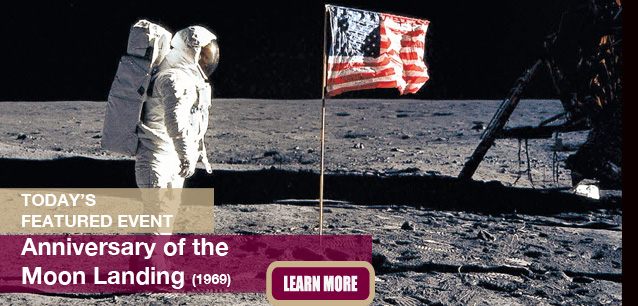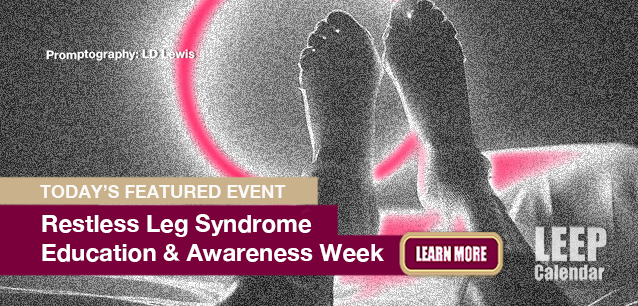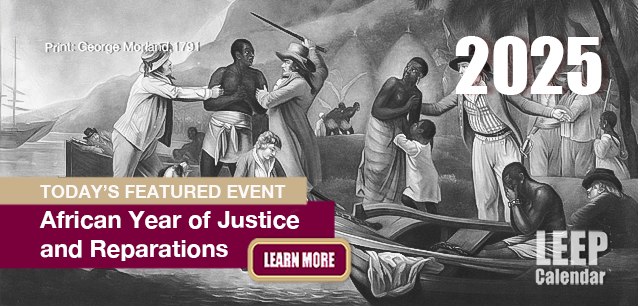 AD
AD
Today is: July 20
Scroll to explore events active on this date.
Additional Events on LEEP
LEEP INK FEATURES

May Blooms: Events in May 2025
Along with October, May is one of the most densely packed months of the year. It's before the summer humidity and the last whole month of the school year. The weather is warming in t...

Sweet June 2025
The solstice on the 20th marks the onset of summer (Northern Hemisphere) or winter (Southern Hemisphere). Many people, particularly in Europe, North America and Asia, will be embarking o...

Events in April 2025
Spring has sprung in the north, and the first hints of Autumn are on the horizon in the south. April is the month spring (or fall) gets underway, and it is filled with religious celebrations, including the Mu...
About the Confederate Memorial Day in Mississippi
Civil Rights , Politics
United States
Ends: Apr 28, 2025
DESCRIPTION:
Confederate Memorial Day occurs in several former states of the Confederacy on different days of the year. In some cases it is no longer referred to as Confederate Memorial Day but rather as a state holiday. It is an official state holiday in most and honors the men who died fighting for the Confederacy during the American Civil War, 1861-1865.
The dates are as follows:
Alabama: fourth Monday in April
Mississippi: Last Monday in April
Tennessee, Kentucky, and Louisiana: June 3 on Jefferson Davis's birthday, 1808
North and South Carolina: May 10
Anniversary of the death of General "Stonewall" Jackson in 1863 Texas: January 19
Birthday of Robert E. Lee 1807 Due to the 400-year legacy of slavery (ending in 1865) and state-supported racial segregation (ending in 1964), this event is highly contentious and seen as a celebration of racism by many critics. Detractors insist this plays into existing racism and celebrates white supremacy and slavery.
Proponents of the observance insist that the Confederacy played a part in shaping who we are, its ramifications, and its contributions continue today. To deny a portion of our past, good and bad, is selective censorship. On the contrary, this event can be used to explore the unspoken but oft-felt prejudices and perceived reality that political correctness squelches.
Whether you side with the detractors or the proponents, the best way to acknowledge this month is to spend some time reading the Constitution of the United States and learning history. History, not social studies. A great place to start is with Howard Zinn's People's History of the United States, which some states, including Arizona, have tried to ban from their schools. Why? Because it is a history of the American people, not the leaders, and looks at the nation from the perspective of the 99%, the immigrants, migrant workers, women, religious minorities, slaves, the common man.
VIDEOS
Currently, this event does not have supporting videos.
SUPPORTING DOCUMENTS
Currently, this event does not have supporting documents.
ADDITIONAL IMAGES
Currently, this event does not have supporting images.
Where would you like to go now?
 AD
AD





























































/footer-logo.svg)
